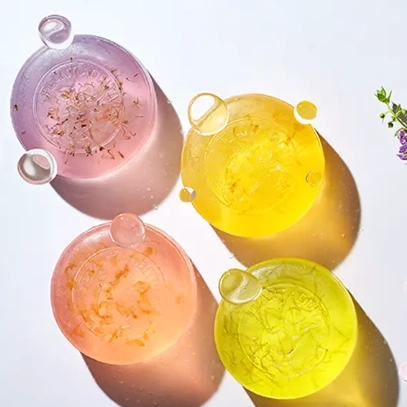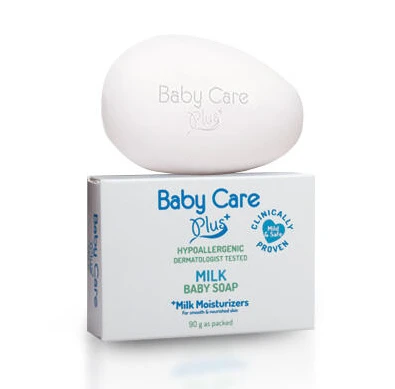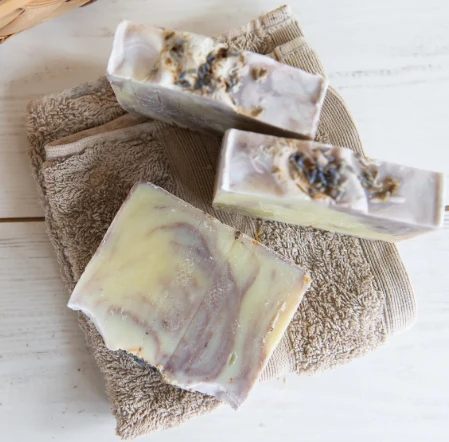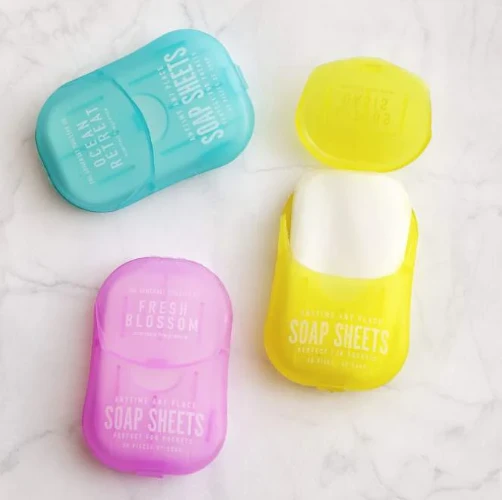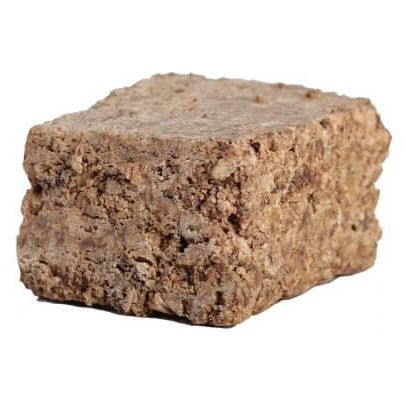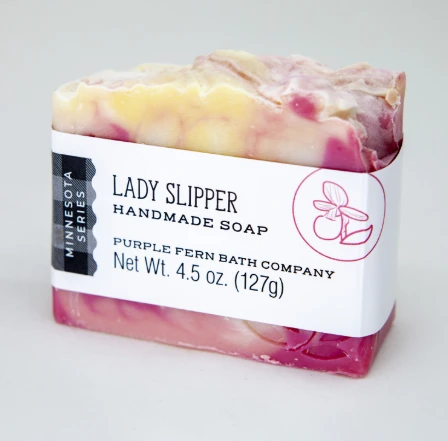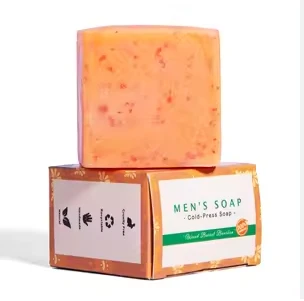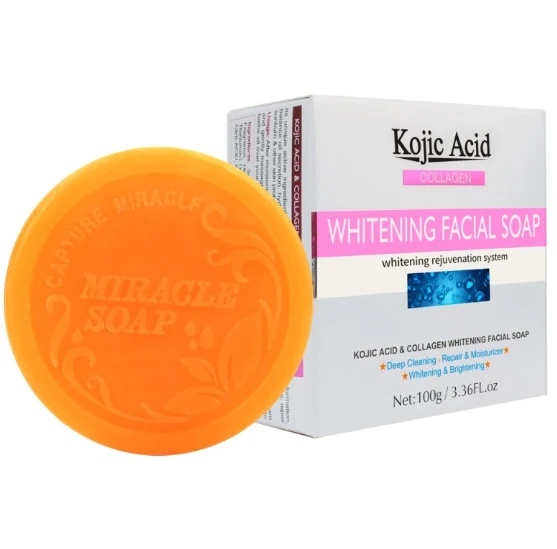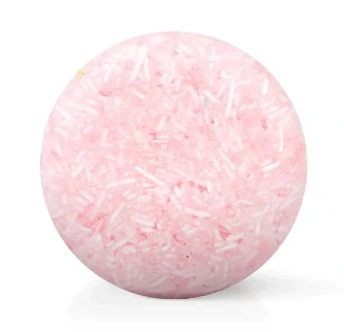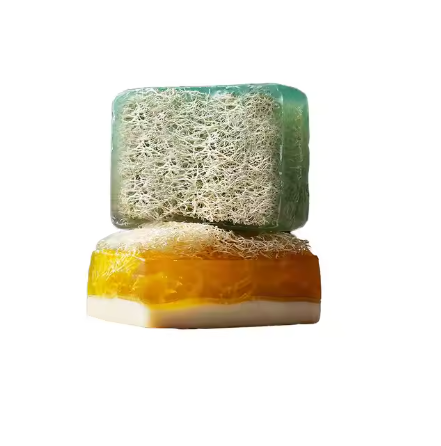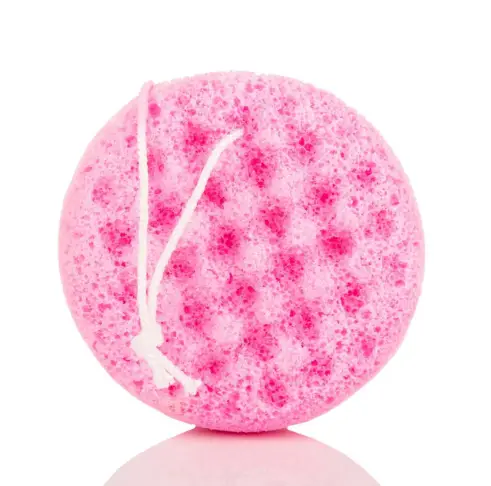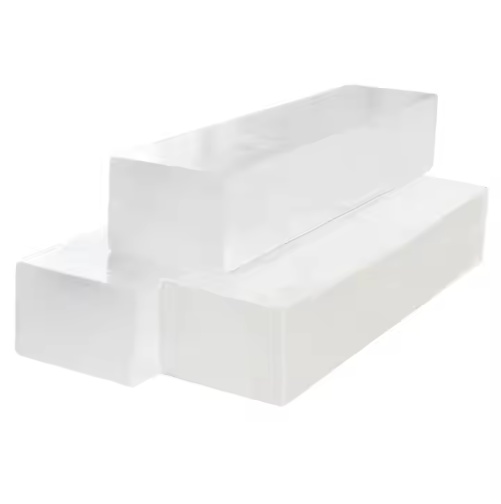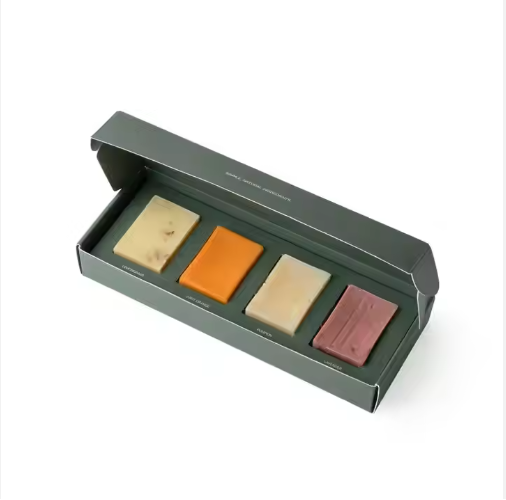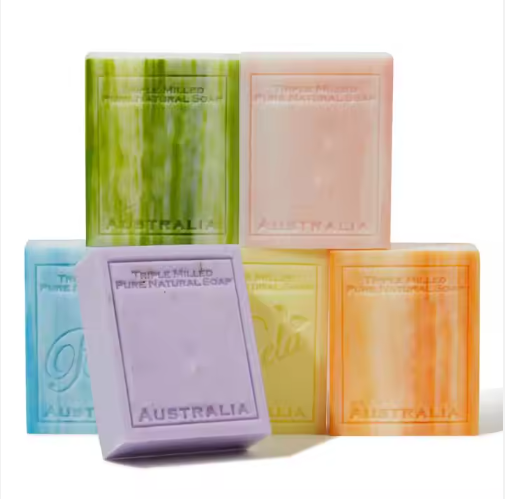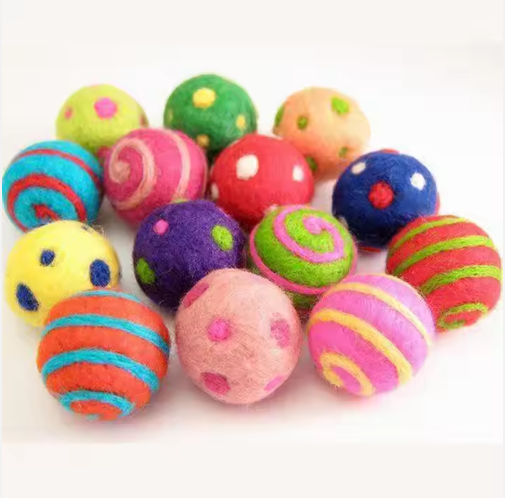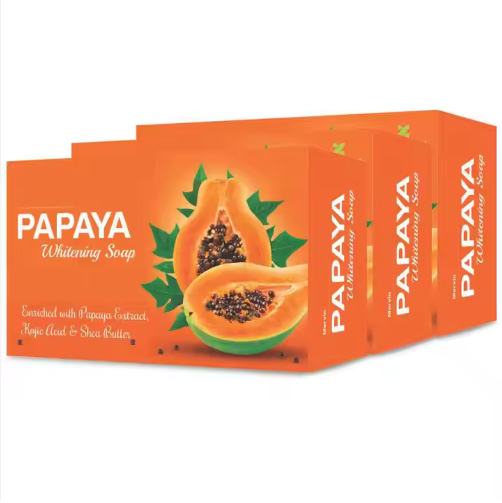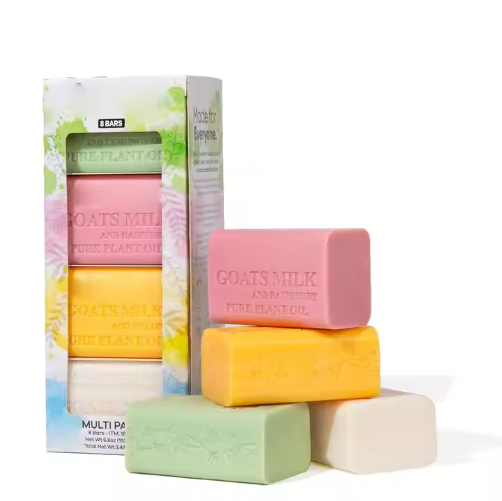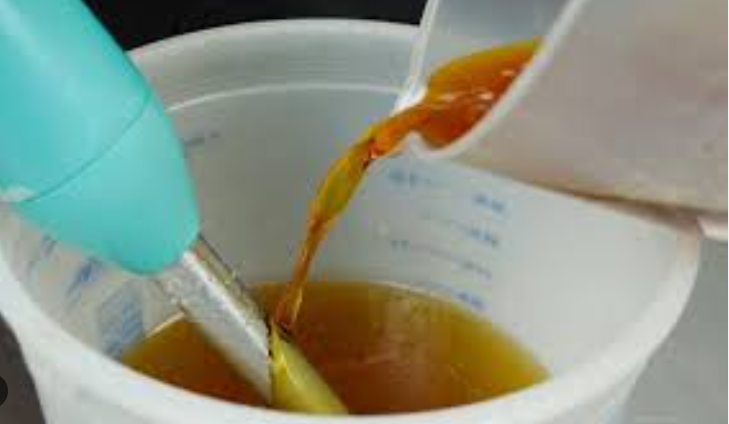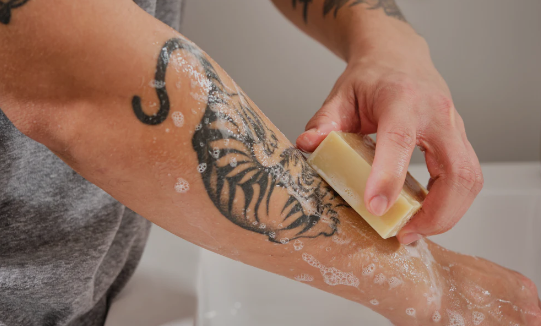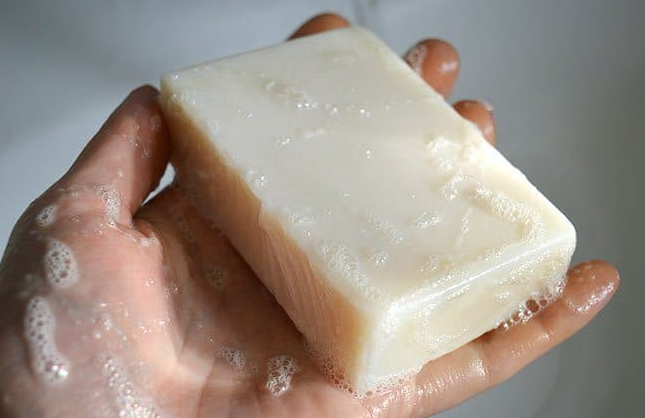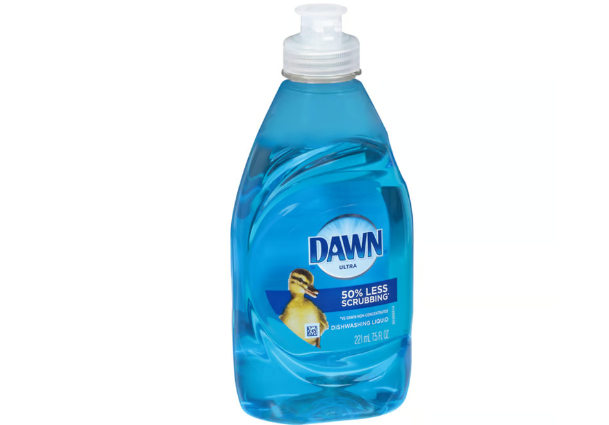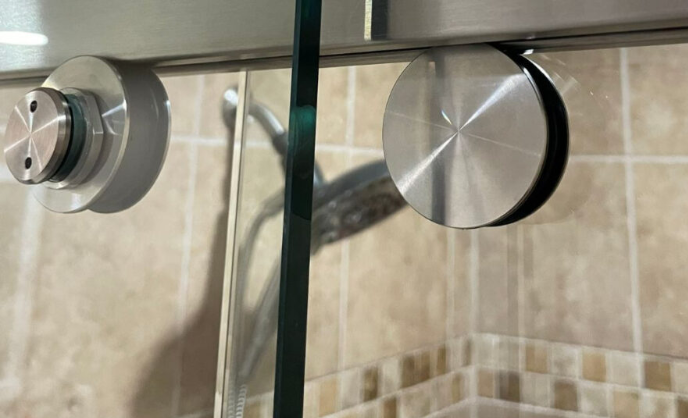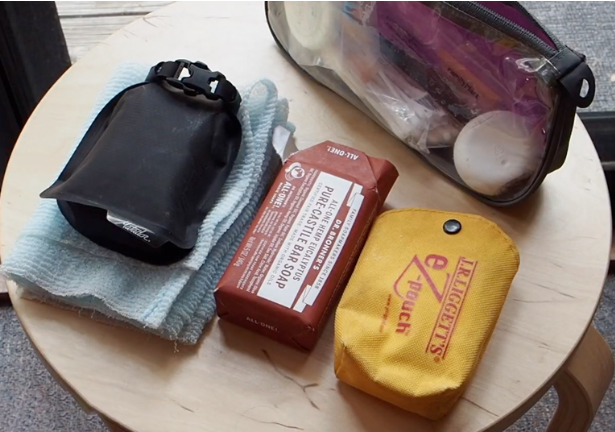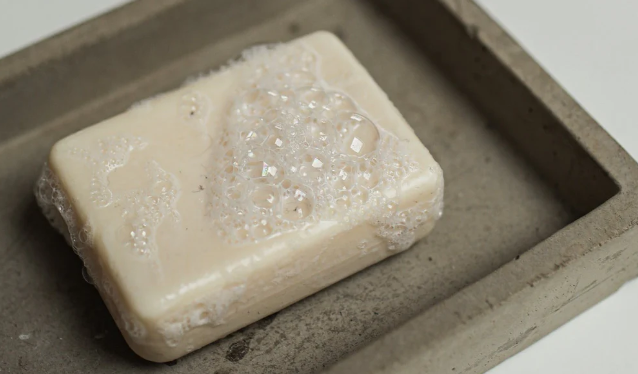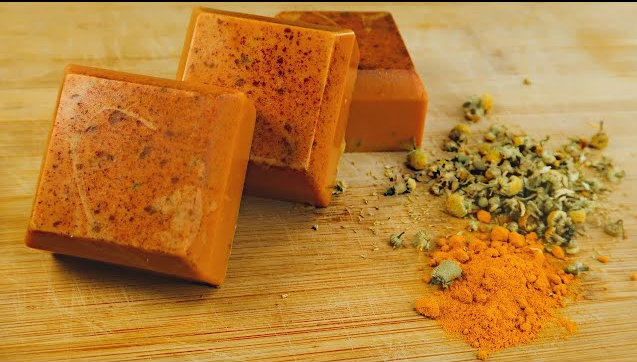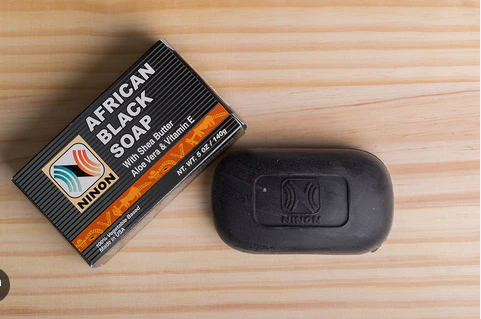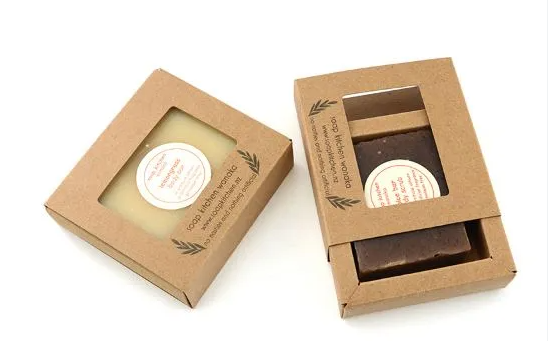Latest Products
Send Inquiry
How to make soap with lye
Using lye (sodium hydroxide) for soap making is a critical step in the cold process method. Here’s a detailed guide on how to safely use lye in soap making.
- Sep 05,2024
What soap not to use on a new tattoo
Just as it's essential to know what soap to use on a tattoo, knowing which ones to steer clear of is equally important.
- Sep 04,2024
How to make goat milk soap at home
Goat milk soap is known for its soothing properties and rich consistency. The soap is made by combining goat milk with sodium hydroxide to create lye water.
- Sep 03,2024
Who makes dawn dish soap?
Dawn dish soap is manufactured by Procter & Gamble (P&G), a major American multinational consumer goods company.
- Sep 03,2024
How to clean soap scum from glass shower doors
One of the most effective and eco-friendly ways to remove soap scum from glass shower doors is by using a simple solution of white vinegar, water, and dish soap.
- Sep 03,2024
Can you bring a bar of soap on the plane
When preparing for air travel, one of the common questions that arise is, "Can I bring a bar of soap on a plane?" This may seem like a trivial concern, but with the strict regulations surrounding what can and cannot be carried in your luggage, it's a valid question.
- Aug 31,2024
What makes soap antibacterial?
Antibacterial soaps (sometimes called antimicrobial or antiseptic soaps) contain certain chemicals not found in plain soaps. Those ingredients are added to many consumer products with the intent of reducing or preventing bacterial infection.
- Aug 31,2024
What is turmeric soap good for
Turmeric soap is made with natural ingredients and turmeric specifically. turmeric is known to have many benefits for the skin, such as treating acne, psoriasis, and eczema.
- Aug 30,2024
What is african black soap made of
African black soap was created in Africa using local plants. But its ingredients vary by region. All the ingredients it has contain moisturizing properties, and they are rich in antioxidants.
- Aug 30,2024
What is a Soap Box And Its Benefits
A soap box is a specially designed container used to package and protect soap products. It serves as a vital packaging solution for custom soap packaging, ensuring the safety, presentation, and marketability of the soap.
- Aug 30,2024


